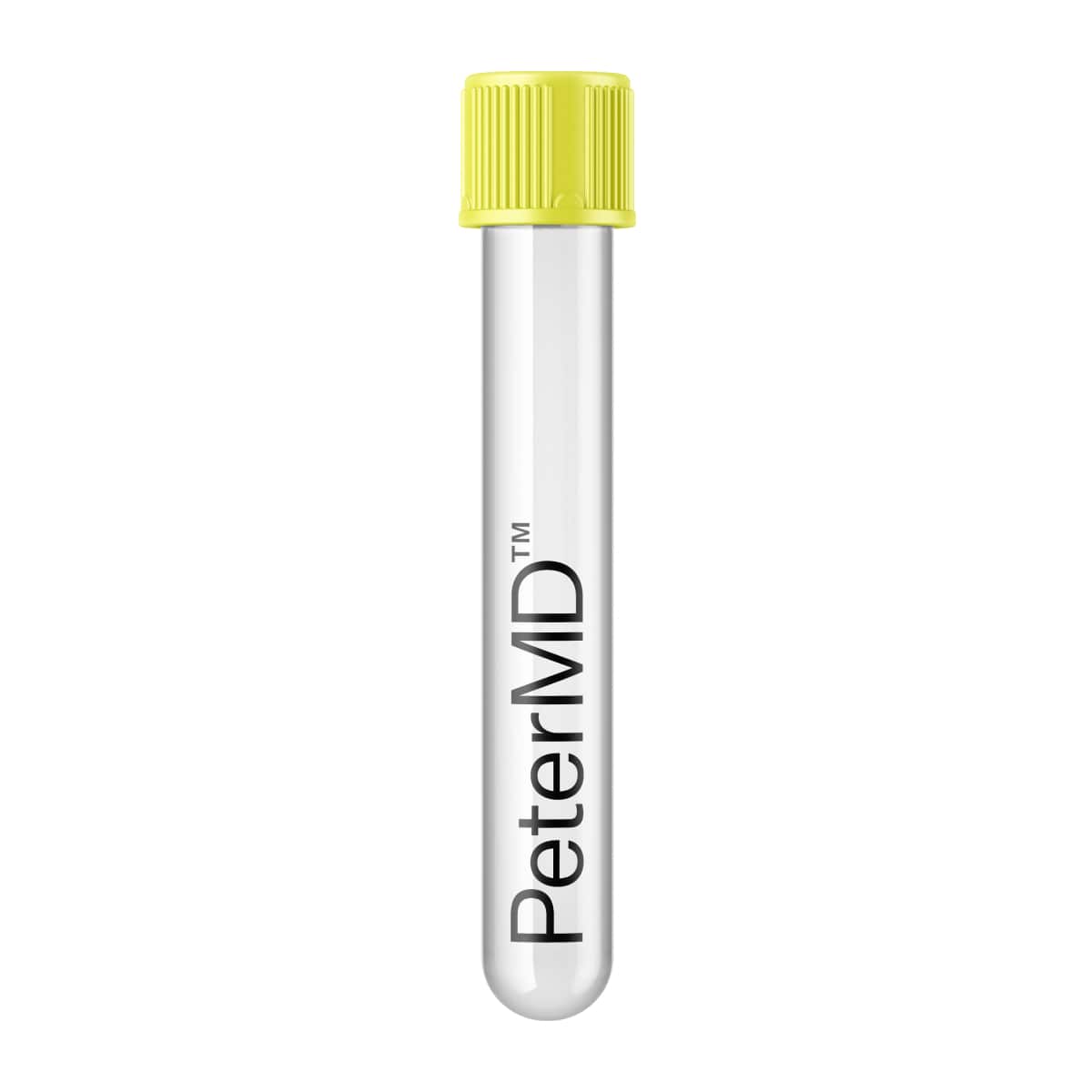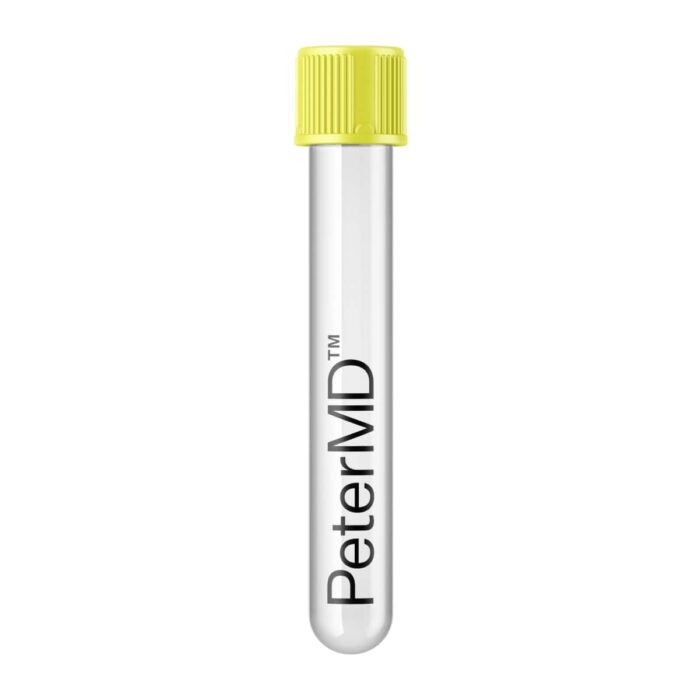
Fatigue Panel
$75.00
Tests Included
- Ferritin – Ferritin is a protein found inside cells that stores iron so your body can use it later. A ferritin test indirectly measures the amount of iron in your blood. The amount of ferritin in your blood (serum ferritin level) is directly related to the amount of iron stored in your body.
- Iron and Total Iron Binding Capacity (TIBC) – Total iron binding capacity (TIBC) is a blood test to see if you may have too much or too little iron in the blood. Iron moves through the blood attached to a protein called transferrin. This test helps your doctor know how well that protein can carry iron in the blood. Iron is a mineral that our bodies need for many functions. For example, iron is part of hemoglobin, a protein which carries oxygen from our lungs throughout our bodies. It helps our muscles store and use oxygen. Iron is also part of many other proteins and enzymes. Your body needs the right amount of iron. If you have too little iron, you may develop iron deficiency anemia. Causes of low iron levels include blood loss, poor diet, or an inability to absorb enough iron from foods.
- Magnesium – The Magnesium test measures the levels of magnesium, an essential mineral, in the blood. Magnesium is involved in numerous bodily functions, including nerve and muscle function, regulating blood pressure, and maintaining a healthy heart rhythm.
- Vitamin B12 (Cobalamin) – measures the levels of vitamin B12 in the blood, which is an essential nutrient for various bodily functions. It assesses the concentration of vitamin B12 to evaluate its availability for proper red blood cell production, nervous system function, and DNA synthesis. The test helps diagnose vitamin B12 deficiency or monitor the effectiveness of vitamin B12 supplementation.
- Vitamin D, 25-Hydroxy, Total, Immunoassay – also known as a 25(OH)D test, is a blood test that measures the levels of total 25-hydroxyvitamin D in the body. It assesses the overall vitamin D status and helps evaluate the adequacy of vitamin D levels for proper bone health and overall well-being. Vitamin D plays a crucial role in calcium absorption, bone metabolism, immune function, and other essential processes in the body.
Not available in these states: AL, ID, NY, NJ.
Limited availability in: AK, HI, ND, NE, VT, SD, WV, MT.
For these states, call 772-800-6133 to check availability.
Please Note: Blood work orders are non-refundable.
If your health insurance covers the cost of blood work, please contact our office at support@getpetermd.com. Include your full legal name, date of birth, and the state you reside in. A $25 processing fee applies to all insurance-related requests.











